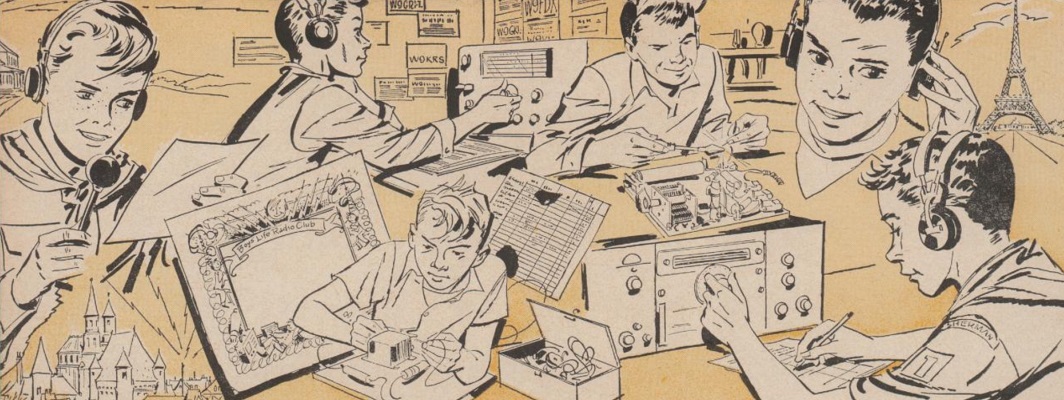.jpg)
…. The cardboard-covered telegraphic ledgers of up to 400 pages had been stowed away by Thomas Eckert (1825-1910), a pioneering telegraph operator who ran the U.S. military’s telegraph office at the War Department in Washington, D.C., from 1863 to 1867. The collection also includes ledgers from 1862, when Eckert served as telegraph chief for Gen. George McClellan’s Army of the Potomac…
In February 1862, two months before sharing command with Grant at the Battle of Shiloh, an important and extremely bloody Union victory in Tennessee, Gen. Don Carlos Buell sent a telegram from his headquarters in Louisville, Ky., to unknown recipients code-named Andes and Ocean, complaining of “constant intrigue to displace army officers” under his command, “which I beg you to defeat … until I tell you there is just cause. I learn that Col. Hazin is one of the purposed victims. His removal would be gross injustice and a serious loss.”
After the concluding signature, “Alvard” — Buell’s code name — appear three additional words: “Good for Alvard,” a nod of approval by a telegraph operator putting in his own two cents. Tsapina said she also has found instances in which telegraph operators tacked on insider investment tips to one another, based on how the battlefield news they were transmitting might affect the market price of cotton or gold.
Read the full article here
